Fun’s over – let’s get serious
1984 was a turning point for me and my introduction to the ‘business’ side of playing music. The band we had morphed into, ‘Splinter Group’, were very much in the vein of the U2/Big Country/Alarm anthemic-Celtic Rock and not the most original sounding band. None the less, we ploughed on in blind faith and youthful determination, certain we could be the next big thing. It was during this period that I found myself helping to massage the UK unemployment statistics on one of Thatcher’s Youth Training Scheme programmes, whilst still dreaming of Rock-stardom. The manager of the YTS centre I was based at in Liverpool was a man some 13 years my senior named Keith Swan, another musician who had an ear for production and plenty of stories to tell of his own about ‘the business’. Perhaps he took pity on me or saw something in me that reminded him of himself; but it was Keith who would gently reveal to me exactly how serious and cut-throat the music industry was; with sobering tales of bands who came so close – but no cigar.
Eventually, ‘Splinter Group’ ran its course after being ignored by every record label in London and pretty much every audience they played to. Keith’s words were certainly a realistic prophecy of what was out there and we became yet another band that would reach the same ending as others in his stories, though without achieving nearly as much. Undeterred, I picked myself up and decided that my next move was to get in a band and use them as a catalyst to launch my dream career as a London session drummer. That was going to be the one; get in a happening band, make an album, move to London and become a session drumming supremo like my hero, Mark Brzezicki and earn £1000 a day in the studio! There was one problem bugging me though, I was completely self-taught and couldn’t read music, having spent my formative years going it my own way and refusing the advice to take lessons. Between 1985-87, I spent some time under the tutelage of Red Carter (a well respected drum teacher on Merseyside), who taught me to read music, play a variety of rhythms well out of my comfort zone and reveal to me the mystery of rudiments. By 1986, I was armed with enough foolhardy bravado to go forth and make what would turn out to be over a decades worth of bad career decisions.
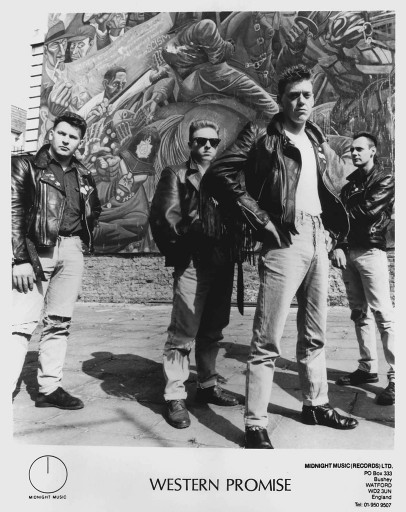
The latter period of the 1980’s culminated in me finally being signed with a band (‘Western Promise’) to a London independent label and spending some time in the city recording my first album. In all honesty, I would have to say that I didn’t really like the bands music and selfishly saw them as a ticket to my goal as a London session musician. When things finally imploded for the ‘Western Promise’ lineup I found it hard to get a foot in the door on an already closed shop, though I did get one or two bites from major labels looking to put bands together which came to (unsurprisingly) nothing. Eventually, whilst still toughing it out on the Liverpool music scene playing music I didn’t really want to play, having no real earnings and stuck in a rut, I reluctantly threw the towel in for the world of the professional bread & butter musician. At least it seemed like a more realistic way of earning a living, but there was the price of ‘selling out’ to be paid. By the start of the new decade, my dreams of fame, fortune and success were scuppered by the lure of finally being able to support myself as a professional musician. Like I say, there was a price to be paid for this route to self-sufficiency and it was going to be a bumpy ride…

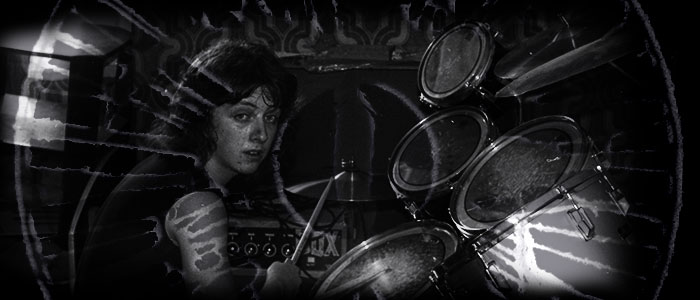
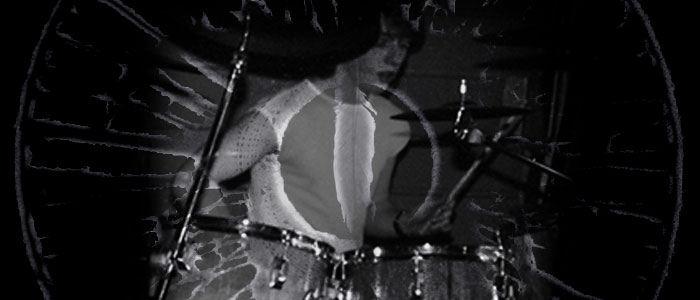
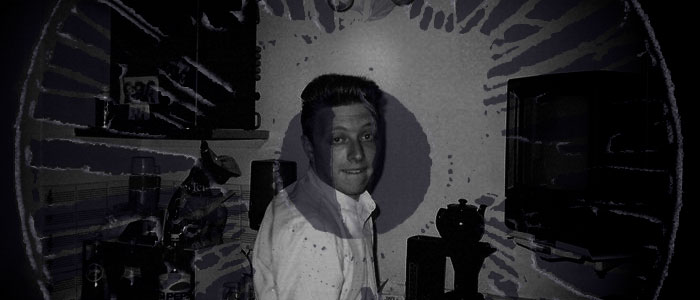


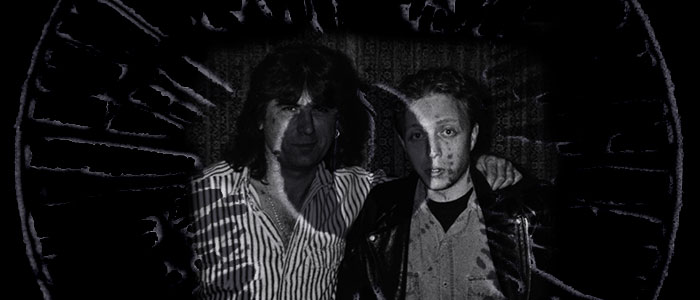
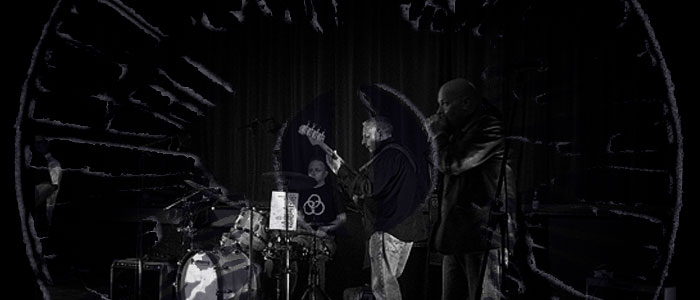
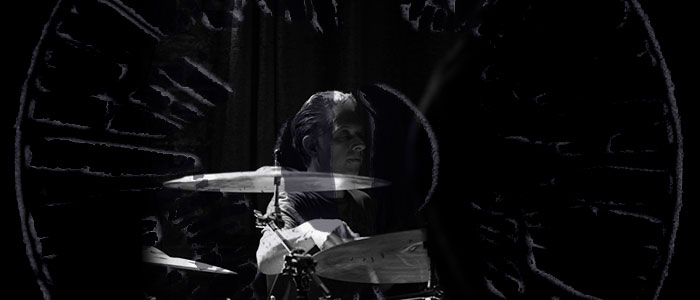
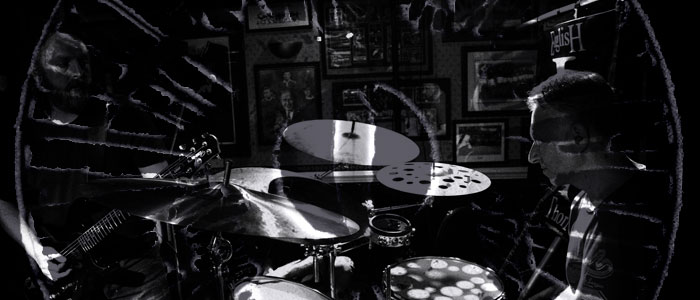
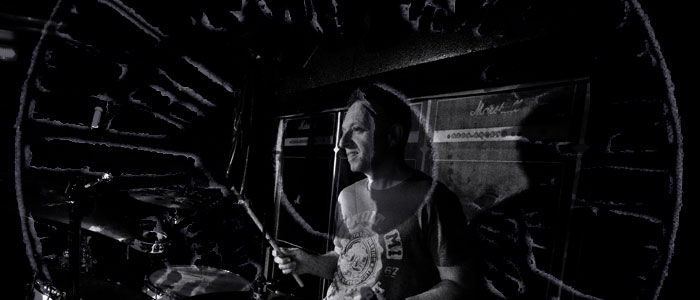
Such a nice story. Spending for musical instruments such as a drum is indeed a quality investment. Letting your children engage into music is definitely a great advantage. They tend to become more intelligent and talented at the same time. Drum lessons for instance is a good suggestion.